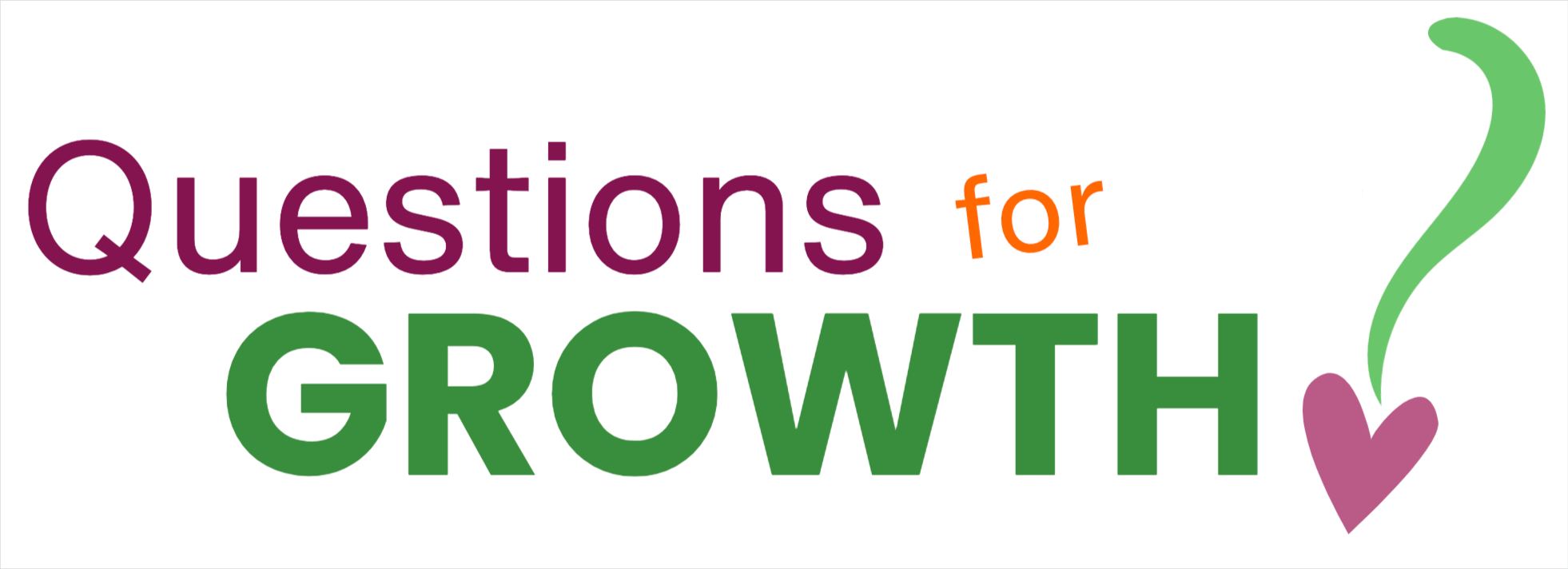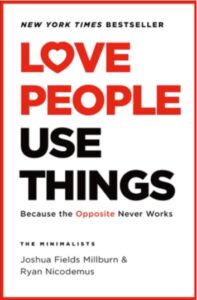The authors of this book, Joshua Fields Millburn and Ryan Nicodemus, are the driving force behind TheMinimalists.com, a website committed to promoting the minimalist lifestyle. Millburn is a bestselling author, known for his books “Everything That Remains: A Memoir”, “Essential: Essays by The Minimalists”, and “Minimalism: Live a Meaningful Life”. On the other hand, Nicodemus’s work has been featured in prominent publications such as the Chicago Tribune, Seattle Times, and LA Weekly.
Why Live with Less: An Exploration of Minimalism
Do you want to live a fulfilling and satisfying life? However, for many people, modern living has brought stress, debt, and unhappiness. This concept suggests that our society is too focused on materialism, and that we can all live happier and more meaningful lives by embracing a minimalist lifestyle. You will find practical tips on letting go of the possessions that weigh you down and discover how minimalism can help you cultivate stronger relationships with money, truth, creativity, and people.
You’ll also learn:
- Why sometimes the best experiences start with less
- How a turning point in your life can lead to a positive change
- The common ground between different belief systems
Idea 1 – Excessive possessions may hold you back from happiness.
The story of Jason and Jennifer Kirkendoll is a perfect example. Despite their big house, designer clothes, and numerous possessions, they lacked happiness in their mid-30s. They had no time for each other or the energy to pursue creative endeavours. They made a change by renting a dumpster and filling it with all their excess items, and one day, the dumpster caught fire and burned down their house. To their surprise, this tragedy was the best thing that ever happened to them, as it freed them from their materialistic fixation.
The message is clear: excessive possessions may hold you back from true happiness. Our society tells us that buying the latest clothes, electronics, or luxury items will improve our lives, but these purchases only provide short-lived gratification and do little to enhance our well-being. Overconsumption can lead to debt, clutter, and distraction from more meaningful activities.
But it’s never too late to break this cycle. Start by separating your belongings into three piles: essential items, non-essential items, and junk. Sell, donate, or dispose of everything in the junk pile. This process may be difficult, as it forces you to reflect on what you truly value. But this introspection is a valuable opportunity to reevaluate your life and make the changes you need.
Idea 2 – Facing uncomfortable truths is a key aspect of minimalism.
For Joshua Fields Millburn, his life seemed perfect – a high-paying job, a luxurious home, and a marriage to his high school sweetheart. But despite these comforts, he rated his life as a six on a scale of one to ten, as something was missing. His marriage was suffering, but he and his wife ignored the problem, which only made things worse. The marriage ended in divorce and infidelity.
The message is clear: embracing minimalism requires facing uncomfortable truths. Just like our physical spaces, our minds can also accumulate excess junk, such as lies and fabrications we tell ourselves and others. Letting go of these untruths is more challenging than getting rid of physical possessions, but it is worth it in the end.
Lying can make it easier to hide who we truly are and avoid difficult problems, but it adds unnecessary complexity to our lives. By embracing the truth, we can free ourselves from the stress of maintaining false images or deceiving others. As you start your journey towards minimalism, take the time to face the uncomfortable truths in your life and simplify your mind as well as your physical space.
Idea 3 – Embrace the Power of Mindfulness for a Happier Life
Despite their contrasting beliefs, Rob Bell and Sam Harris share a common understanding of the importance of being present in the moment. As spiritual leaders, they both acknowledge the transformative impact of mindfulness, which involves fully appreciating life as it unfolds.
Minimalism offers an opportunity to simplify life and find space for the small joys, such as a wholesome, nutritious meal. By decluttering both physically and mentally, you can shift your focus from consumerist desires to the beauty of everyday experiences.
Take time to enjoy the subtleties of food, such as the aroma of a morning coffee or the taste of a healthy meal. Mindless eating habits often lead to unhealthy snack choices and weight gain. By approaching meals with mindfulness, you can identify which foods work best for you, discover new culinary delights, and maintain a healthy diet.
Revel in the small moments and embrace the power of mindfulness for a happier, more fulfilling life.
Idea 4 – Simplify your life by aligning your decisions with your core values.
Have you ever made an impulsive purchase after a night of drinking, only to regret it later? You’re not alone. A study shows that 79% of adults have fallen prey to drunk shopping. But alcohol isn’t the only factor that influences our choices. External forces like advertisements, peer pressure, and social norms often sway our decisions, leading us away from what we truly want and need.
The solution? Understanding your core values. By examining what values are important to you, you can make choices that align with your deepest desires and build a life that feels fulfilling and meaningful.
Start by looking at four main categories of values: Foundational, Structural, Surface, and Imaginary. Foundational values are the basic things we all need, like good health and relationships. Structural values are the personal qualities you want to embody, like sincerity and humility. Surface values are the more superficial things you like, such as aesthetics or hobbies. And finally, imaginary values are the daily things that seem important but aren’t.
By evaluating decisions based on how they align with your values, you can simplify your life and make choices that are true to you. For example, when faced with a job offer, consider how it aligns with your values. It may pay well and fulfil your surface values, but it could also risk your health or relationships, conflicting with your foundational values. Once you see the decision this way, the choice becomes clear.
Idea 5 – Avoid Unnecessary Debts by Managing Your Money
Millburn’s early twenties were filled with lavish spending. After landing a high-paying corporate job, he went on a buying spree. At 23, he bought a Lexus. The following year, he added another one to his collection. And at 25, he topped it off with a brand new Land Rover.
While Millburn’s garage was impressive, his finances were a mess. He bought all his flashy cars on credit and had no fewer than 14 maxed-out credit cards. He was buried in debt and the stress of keeping up with it was taking a toll on his life.
The lesson here is: Avoid unnecessary debts by managing your money.
Managing finances can be a challenge for many Americans. With stagnant wages and the rising costs of housing, college, and medical services, 44% of households have expenses that exceed their income. Moreover, 25% of people would struggle to cover a $400 unexpected expense.
If you’re struggling with debt, the best way to turn things around is to take control of your relationship with money. Rein in your spending, create a strict savings plan, and stick to it. Start by building an emergency fund of $1,000, pay off your debts from smallest to largest, and once you’re debt-free, allocate a minimum of 15% of your income towards retirement savings.
To grow your savings even further, educate yourself on investing. Avoid high-risk investments like individual stocks or precious metals and instead, invest in a solid mutual fund. This way, your risks are spread out, and your wealth will grow slowly but surely until retirement.
Adhering to a structured plan may be challenging at first, but the benefits are well worth it. Being debt-free opens up a world of possibilities, allowing you to quit a job you dislike, move to a new place you love, or secure a prosperous future for your children.







